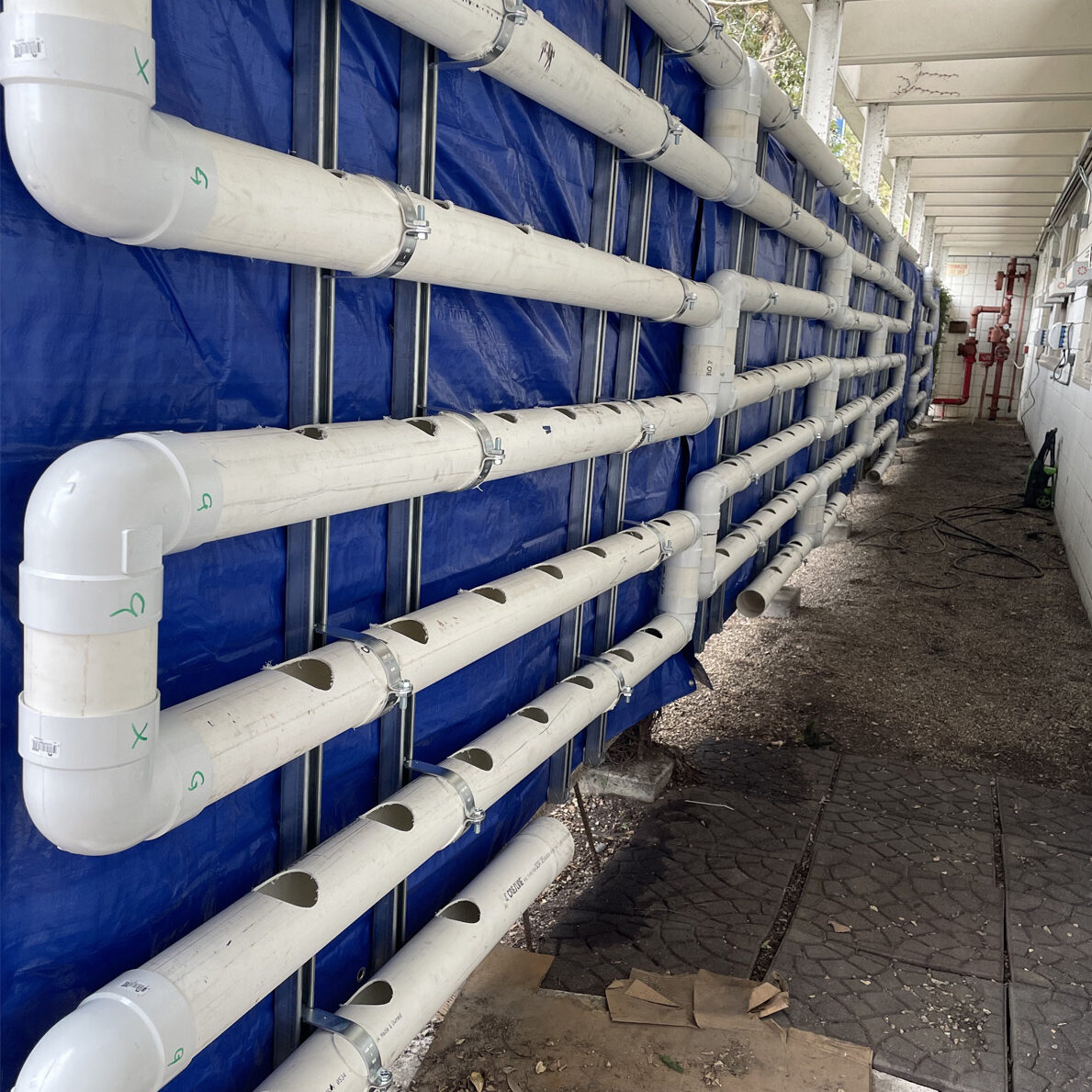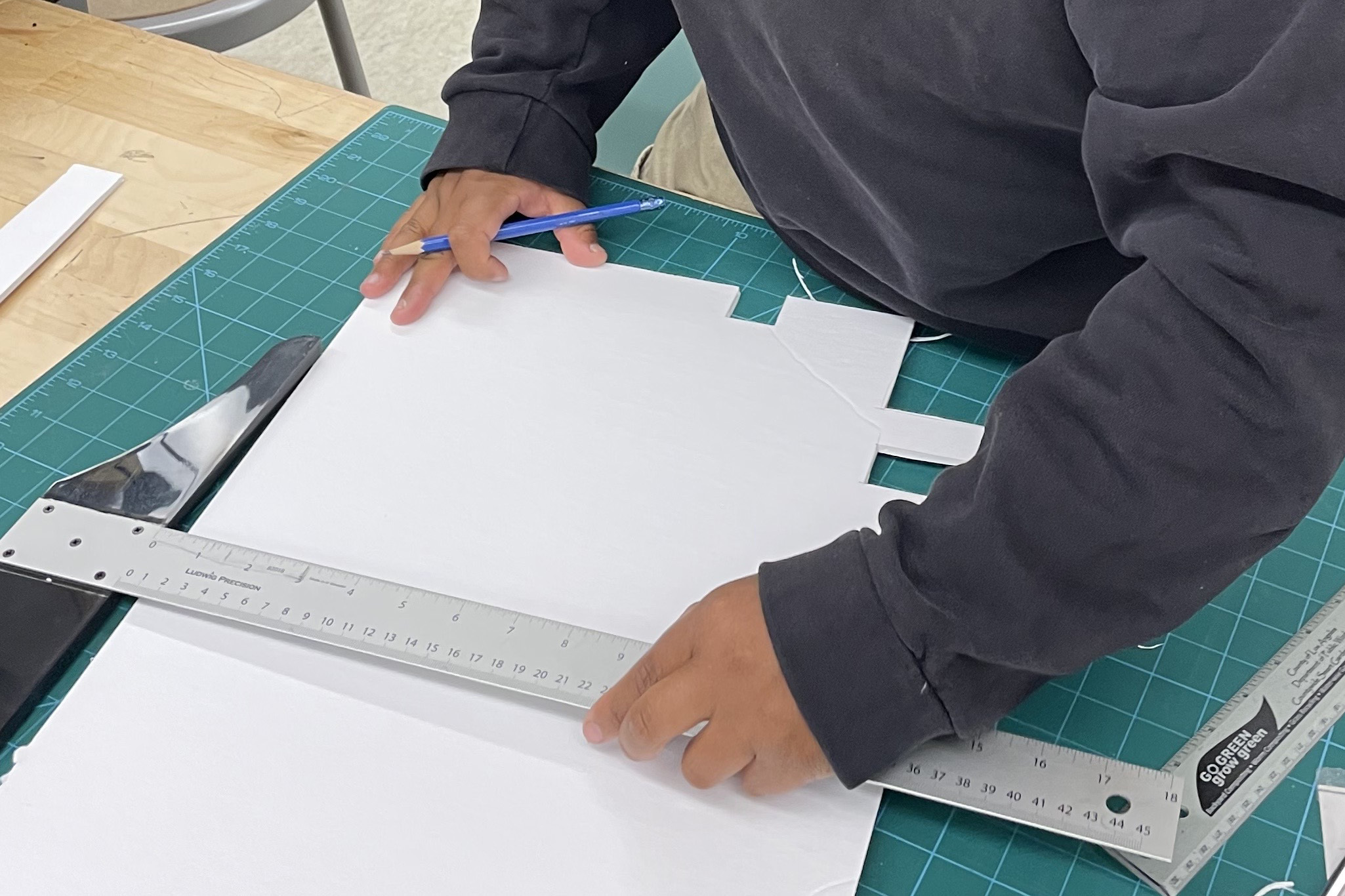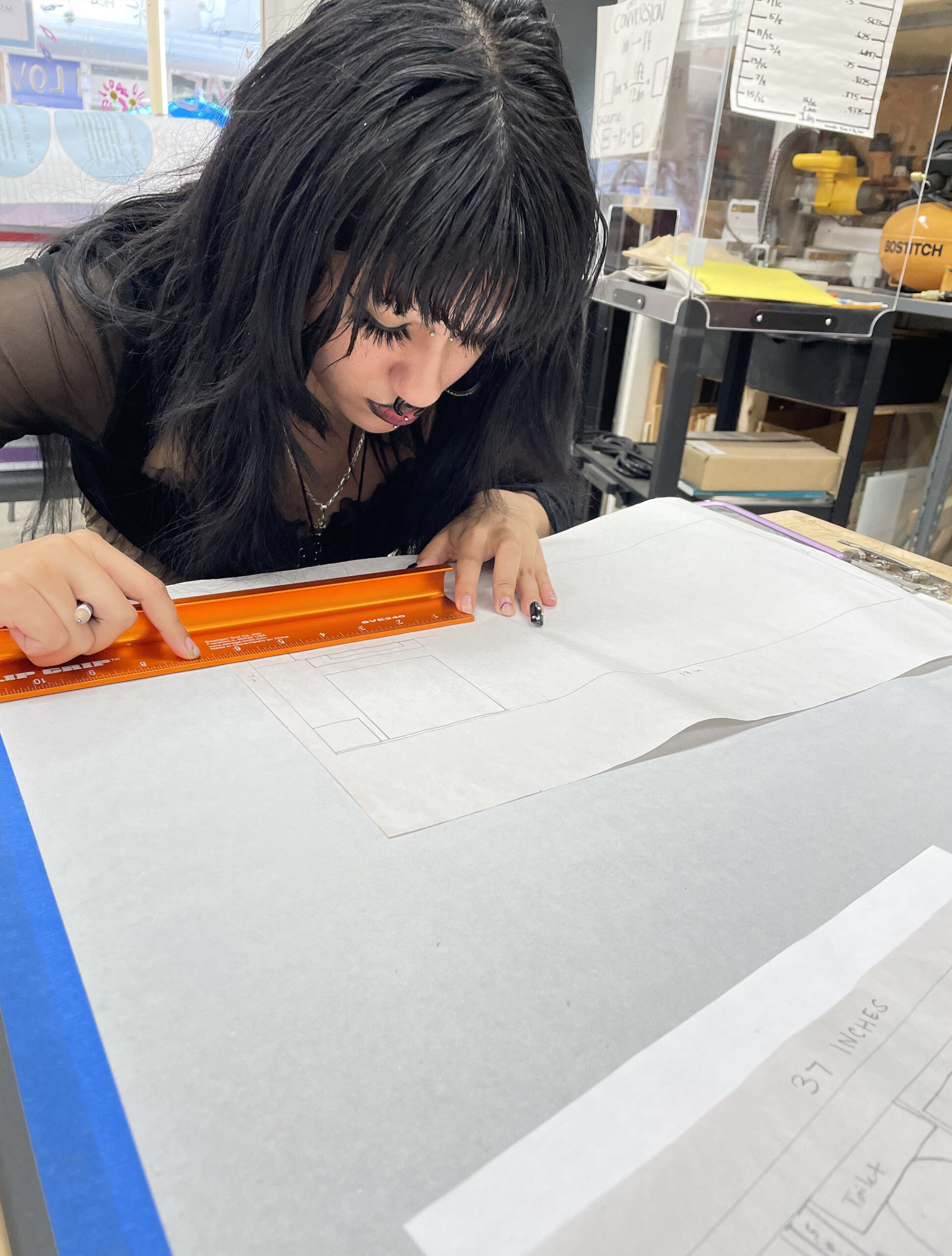
The Lead-To-Learn© PBL experience: Personalized and profoundly impactful.
Dr. Hu custom designs standards-based learning experiences around real-world problems that interest you and your students.
How It Works
1. Discovery
Through interviews and discussion, Dr. Hu reveals your interests and the real-world challenges that inspire you and would be most relevant to your students.
2. Design
Whether you choose one of the field-tested curricular units (below) or select your own issue to address, Dr. Hu personally connects you with a community-based organization and tailors the learning experience to your needs.
3. Develop
Dr. Lindsay’s expert guidance and support empower you to teach your students to be leaders in their community.
The Lead-To-Learn© PBL experience is a 10-lesson plan and framework which includes:
Professional development
Teacher support
Logistics organization
Community relationships
Industry connection
Using a standard-based unit, all students are positioned as capable today, and their contributions are framed as a value-add. This early problem-solving experience builds students’ confidence and courage to be the changemakers of a just and equitable society.
Through interdisciplinary instruction that emphasizes reading, writing, speaking, and listening, the Lead-To-Learn© PBL experience teaches:
Communication
Collaboration
Critical thinking
Creativity
Leadership
Let’s start building your Problem-Based Learning curriculum together.
Design your custom learning experience directly with Dr. Hu or take inspiration from previous curricular units.
Housing Equity
Analyze the complex challenge of providing sustainable, affordable housing to a growing population in limited space. Research previously failed options and collaborate to build and design a solution. Designs presented to community stakeholders.
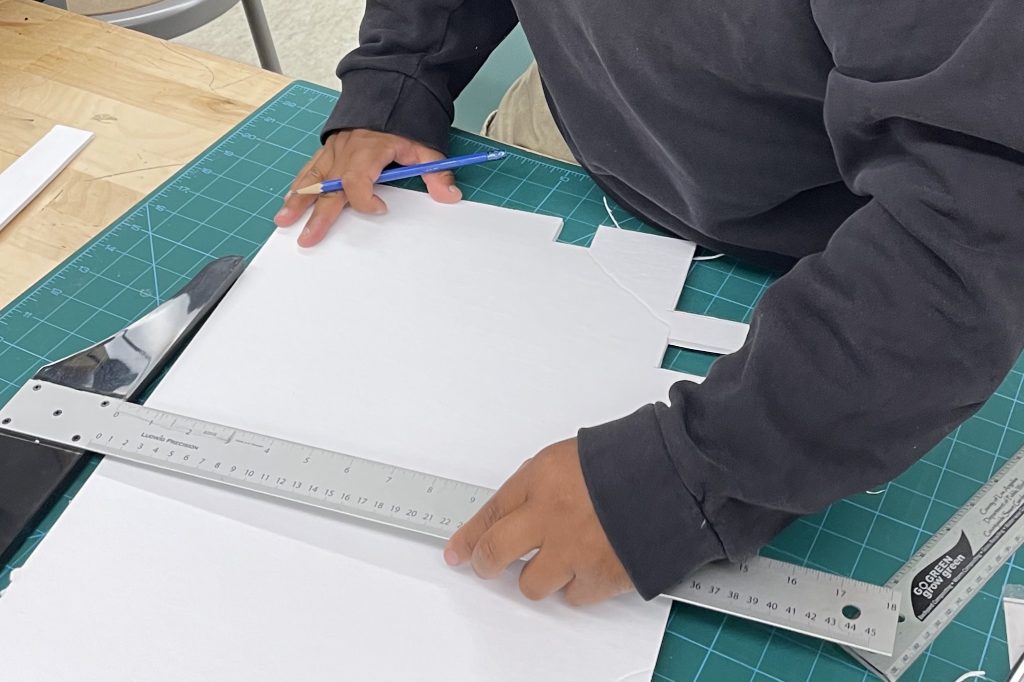
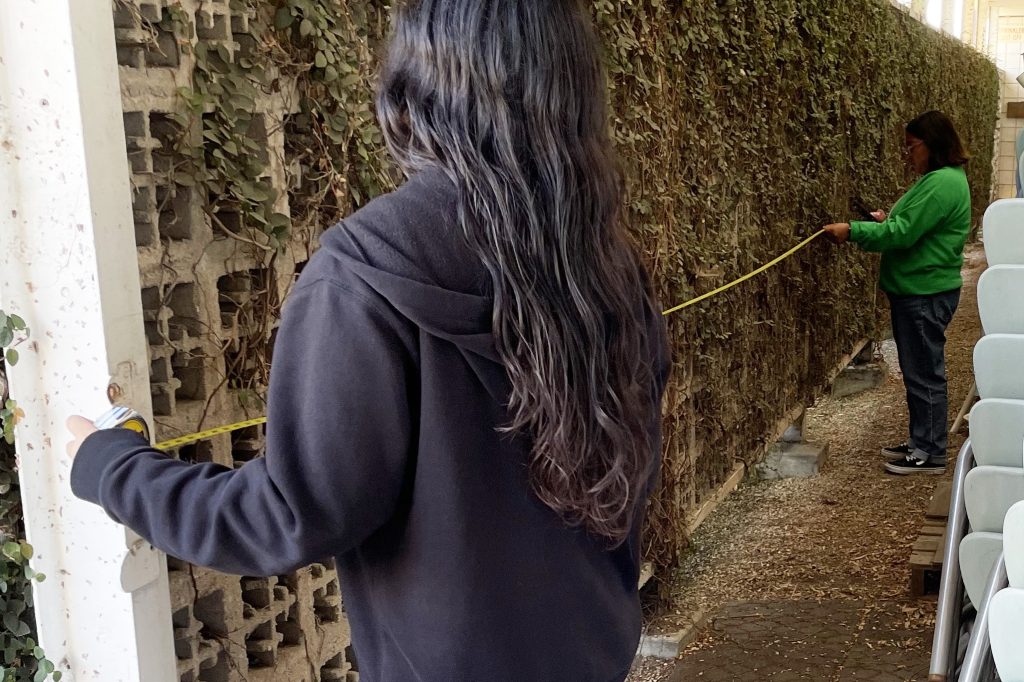
Green Space Equity
Research the benefits and importance of spaces that serve both the environment and community. Design multi-functional sustainable green space for the student community.
Food Equity
Study inequitable access to food in low-income and BIPOC communities and their genesis. Investigate hydroponic and aquaponic systems, as one possible solution to feeding a community that lacks easy access to fresh, affordable food. Design a sustainable garden for community stakeholders.
